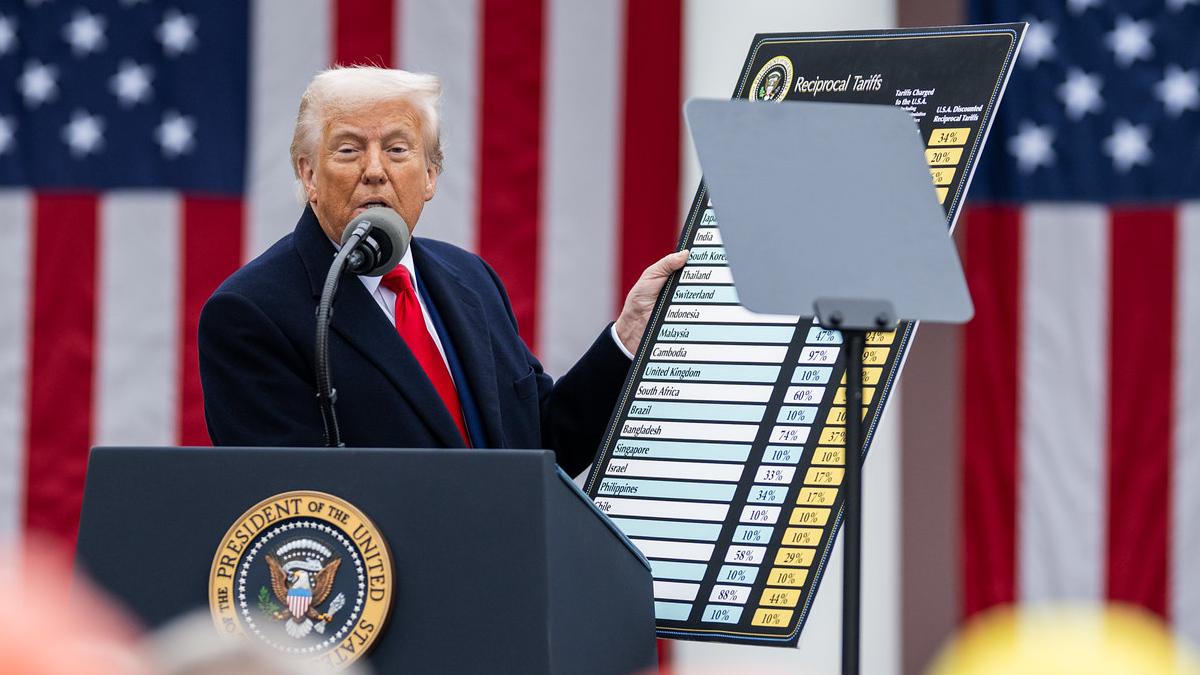UK trumpets a trade deal with India - but pharma isn't happy

Indian Commerce Minister Piyush Goyal and Business and Trade Secretary Jonathan Reynolds held final talks in London last week.
Various industry bodies have welcomed news of a trade deal between the UK and India, but the Association of the British Pharmaceutical Industry (ABPI) is not among them.
The deal has been held up as a way to boost the economies of both nations at a time when tariffs imposed by the US are wreaking havoc with international trade, with UK Prime Minister Keir Starmer saying it would boost British exports to India by an additional £25.5 billion over its 2024 level of $42.6 billion.
The ABPI has deep reservations, however, saying in a statement that the agreement does not address "longstanding industry concerns about intellectual property protections for UK life science innovators within the Indian market."
In particular, the trade organisation is concerned about regulatory data protection (RDP), referring to the extensive data from preclinical and clinical trials to demonstrate the quality, efficacy, and safety of a new medicine.
"As one of the UK's largest exporting sectors, it's disappointing that this deal seemingly won't support the UK's growth ambitions for pharmaceuticals," said Richard Torbett, the ABPI's chief executive.
The UK exported £127 million in medicinal and pharmaceutical products to India in 2024, according to the organisation's figures. India is a massive supplier of generic medicines for global markets, with ABPI figures suggesting Indian producers imported almost $657 million in drugs in the year to the end of the third quarter of 2024.
When the bilateral trade talks were first announced in 2022, the ABPI said a deal could be one of the most important that Britain could strike for life sciences.
"Robust intellectual property protections are fundamental for the innovation our companies deliver, but we believe an opportunity has been missed by the UK to demonstrate a commitment to high IP standards for our sector in this agreement," continued Torbett.
"We urge the government to use ongoing negotiations with other key trading partners, including the EU, US, and Switzerland, to deliver agreements that better support Britain's pharmaceutical industry," he added.
The UK government highlighted lower tariffs on imports of clothing, cars, food, and jewellery from India, along with lower levies on exports of spirits, aerospace products, electrical machinery, food, cosmetics, higher value cars, and medical devices.
The deal, which has been three years in negotiation, means that "UK businesses gain a competitive edge over international competitors when entering India's enormous market as it gets even bigger, forecasted to become the third largest global economy within three years," it said.












